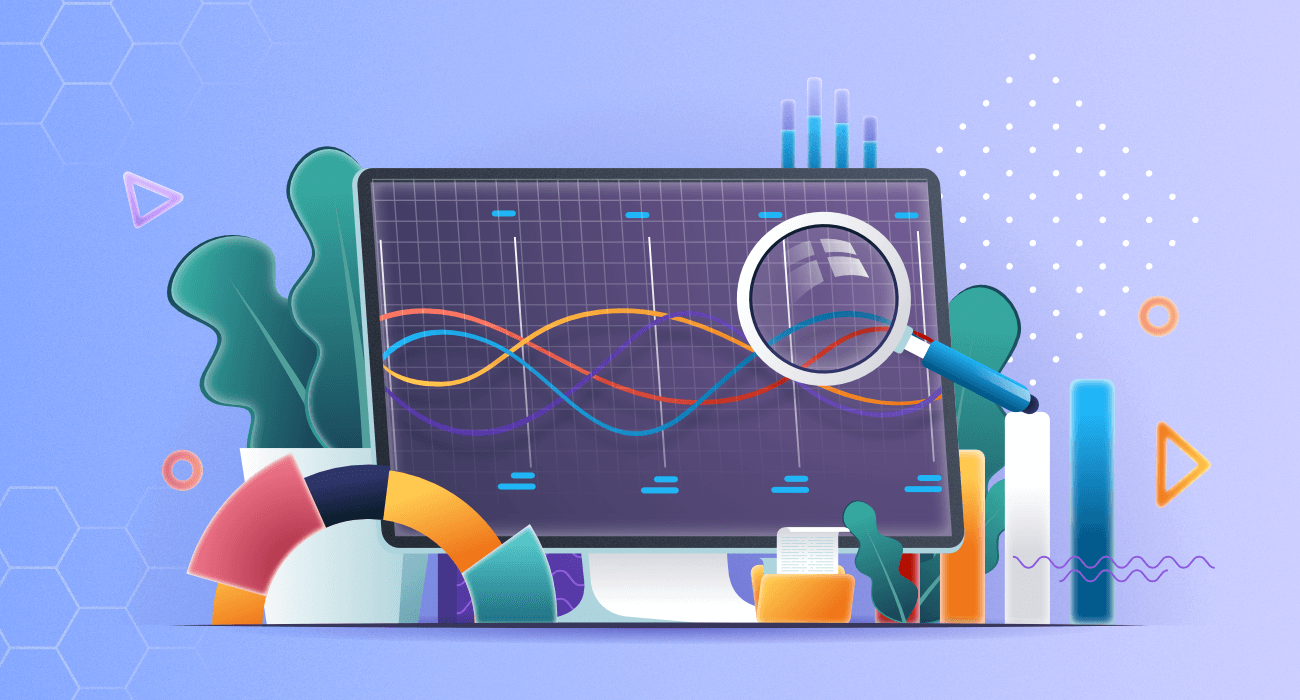
Business Intelligence Software for Strategic Decisions
In today’s fast-paced and competitive business landscape, making informed strategic decisions is crucial for driving growth, improving efficiency, and staying ahead of the competition. Business intelligence (BI) software plays a vital role in this process by providing organizations with the tools and insights they need to make data-driven decisions. In this article, we will explore the world of business intelligence software and its importance in supporting strategic decision-making.
What is Business Intelligence Software?
Business intelligence software refers to a set of tools and technologies that enable organizations to collect, analyze, and visualize data from various sources. This data can come from internal systems, such as customer relationship management (CRM) and enterprise resource planning (ERP) systems, as well as external sources, such as social media and market research reports. The primary goal of BI software is to provide users with a comprehensive and accurate view of their organization’s performance, trends, and patterns, enabling them to make informed decisions.
Key Features of Business Intelligence Software
To support strategic decision-making, business intelligence software typically includes a range of features, such as:
- Data Integration: The ability to connect to various data sources, including databases, spreadsheets, and cloud-based applications, to collect and consolidate data.
- Data Analysis: A range of analytical tools, such as reporting, dashboards, and data visualization, to help users understand and interpret the data.
- Data Visualization: The ability to present complex data in a clear and intuitive format, using charts, graphs, and other visualizations, to facilitate understanding and decision-making.
- Predictive Analytics: Advanced statistical techniques, such as forecasting and regression analysis, to predict future trends and patterns.
- Collaboration: Features that enable users to share insights, reports, and dashboards with others, facilitating collaboration and decision-making across the organization.
Benefits of Business Intelligence Software
The benefits of business intelligence software are numerous and significant. Some of the most important advantages include:
- Improved Decision-Making: By providing users with accurate and timely data, BI software enables organizations to make informed decisions, reducing the risk of mistakes and improving outcomes.
- Increased Efficiency: Automating reporting and analysis processes, BI software saves time and resources, enabling organizations to focus on higher-value activities.
- Enhanced Visibility: BI software provides a comprehensive view of an organization’s performance, enabling users to identify trends, patterns, and areas for improvement.
- Competitive Advantage: By leveraging data and analytics, organizations can gain a competitive edge, identifying new opportunities and staying ahead of the competition.
- Measurable ROI: BI software can help organizations measure the effectiveness of their strategies and investments, enabling them to optimize their operations and improve return on investment (ROI).
Real-World Applications of Business Intelligence Software
Business intelligence software has a wide range of applications across various industries and business functions. Some examples include:
- Sales and Marketing: Analyzing customer data to identify trends, preferences, and behavior, enabling organizations to develop targeted marketing campaigns and improve sales performance.
- Finance and Accounting: Using BI software to analyze financial data, identify areas for cost reduction, and optimize financial performance.
- Operations and Supply Chain: Leveraging BI software to optimize logistics, manage inventory, and improve supply chain efficiency.
- Human Resources: Analyzing employee data to identify trends, optimize recruitment, and improve talent management.
- Healthcare: Using BI software to analyze patient data, identify areas for improvement, and optimize healthcare outcomes.
Choosing the Right Business Intelligence Software
With so many business intelligence software options available, selecting the right one can be a daunting task. When evaluating BI software, consider the following factors:
- Data Sources: Ensure the software can connect to your organization’s data sources, including internal systems and external data providers.
- Analytical Capabilities: Assess the software’s analytical capabilities, including reporting, dashboards, and predictive analytics.
- Ease of Use: Choose software with an intuitive interface, enabling users to easily navigate and understand the data.
- Scalability: Select software that can grow with your organization, handling increasing data volumes and user demands.
- Support and Training: Look for software with comprehensive support and training resources, ensuring users can get the most out of the system.
Conclusion
Business intelligence software is a powerful tool for supporting strategic decision-making in organizations. By providing users with accurate and timely data, BI software enables informed decisions, improves efficiency, and enhances visibility. With its wide range of applications across various industries and business functions, BI software is an essential component of any organization’s toolkit. When selecting a BI software solution, consider factors such as data sources, analytical capabilities, ease of use, scalability, and support and training. By leveraging the right BI software, organizations can drive growth, improve performance, and stay ahead of the competition in today’s fast-paced and competitive business landscape.
Recommendations
To get the most out of business intelligence software, we recommend the following:
- Develop a Clear Strategy: Align your BI software implementation with your organization’s overall strategy and goals.
- Invest in User Training: Provide comprehensive training to users, ensuring they can effectively utilize the software and interpret the data.
- Monitor and Evaluate: Regularly monitor and evaluate the effectiveness of your BI software, identifying areas for improvement and optimizing the system as needed.
- Encourage Collaboration: Foster a culture of collaboration, encouraging users to share insights and best practices across the organization.
- Stay Up-to-Date: Stay current with the latest BI software trends, technologies, and innovations, ensuring your organization remains competitive and ahead of the curve.
By following these recommendations and leveraging the right business intelligence software, organizations can unlock the full potential of their data, drive informed decision-making, and achieve their strategic goals.
Closure
Thus, we hope this article has provided valuable insights into Business Intelligence Software for Strategic Decisions. We thank you for taking the time to read this article. See you in our next article!


